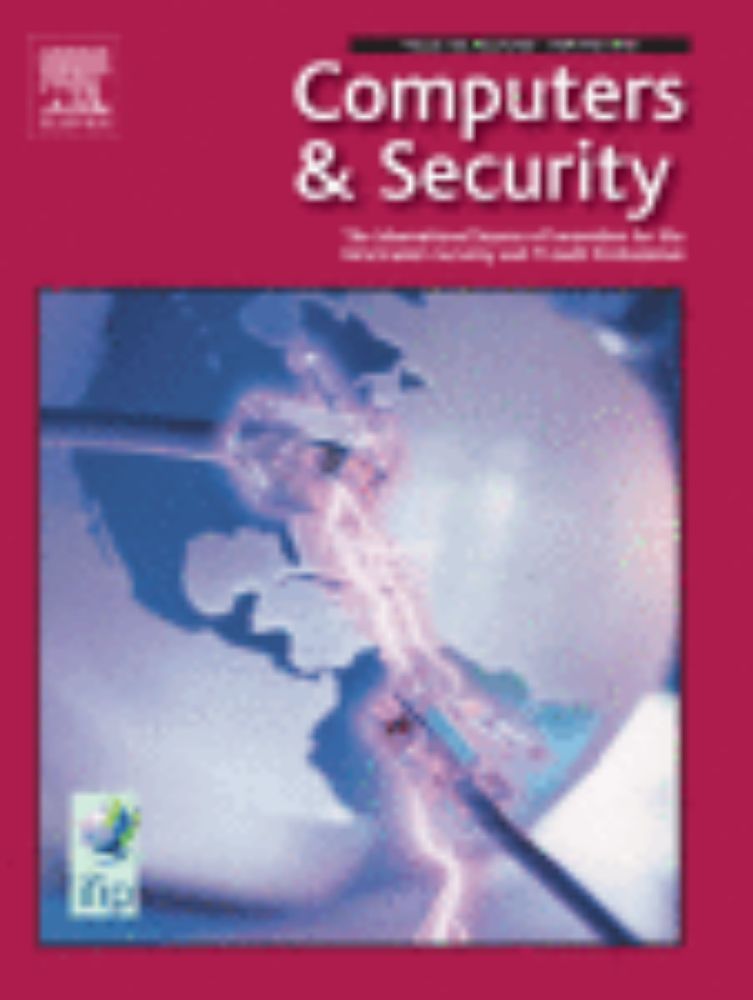Armando Bellante
@ikiga1.bsky.social
79 followers
190 following
8 posts
Postdoctoral researcher in quantum algorithms at the Max Planck Institute of Quantum Optics, Munich. PhD from Politecnico di Milano. Reverse engineering and binary exploitation with Tower of Hanoi and mhackeroni.
Posts
Media
Videos
Starter Packs
Armando Bellante
@ikiga1.bsky.social
· May 30
Reposted by Armando Bellante
Stefano Zanero
@raistolo.bsky.social
· Feb 6

Evaluating the potential of quantum machine learning in cybersecurity: A case-study on PCA-based intrusion detection systems
Quantum computing promises to revolutionize our understanding of the limits of computation, and its implications in cryptography have long been eviden…
www.sciencedirect.com




